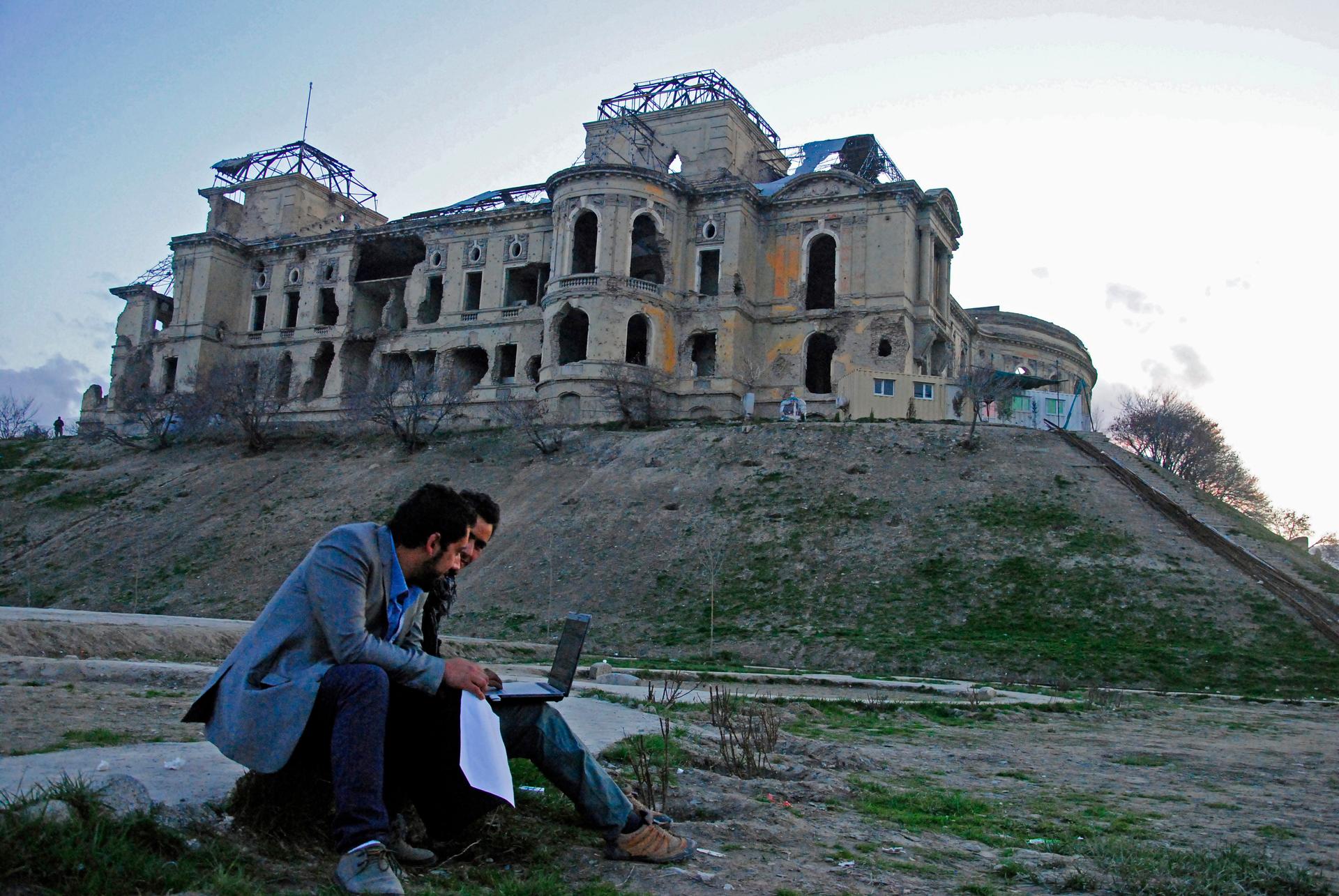See the surprising ‘new’ Afghanistan in these 18 photos
Youngsters surf the Internet near the ruined Darul Aman Palace, which was built in the 1930s. Only 5.5 percent of Afghan youths have access to the Internet, but technology played a role in connecting youth during last year's presidential elections.
Indian photojournalist Aaquib Khan arrived in the rapidly changing Afghan capital of Kabul in 2014. He shares some of his pictures and his insights with us in this post.
Afghanistan is widely seen as a country torn between bullets and religious bullies, pre-modern place where neither young nor old have much hope for a better future. The image in my mind was no different — until I landed in Kabul last year.
Much of Kabul conformed to my stereotype of the country, but there there were many moments that cameras rarely capture. Old and new are locked in a struggle, and Afghans seem to be the winners — even if progress is slow.
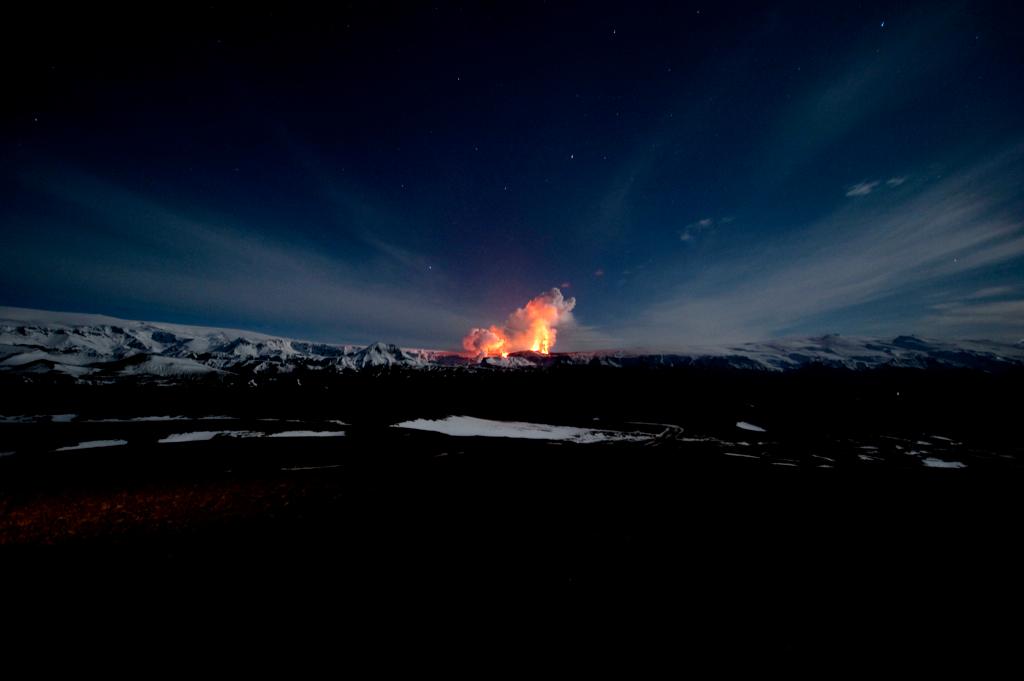
Kabul is a place of hope, aspiration, warmth and hospitality, all of which shone through when Afghans saw my blue passport. ”Oh, you are Indian?” they asked. “I love Indian movies!”
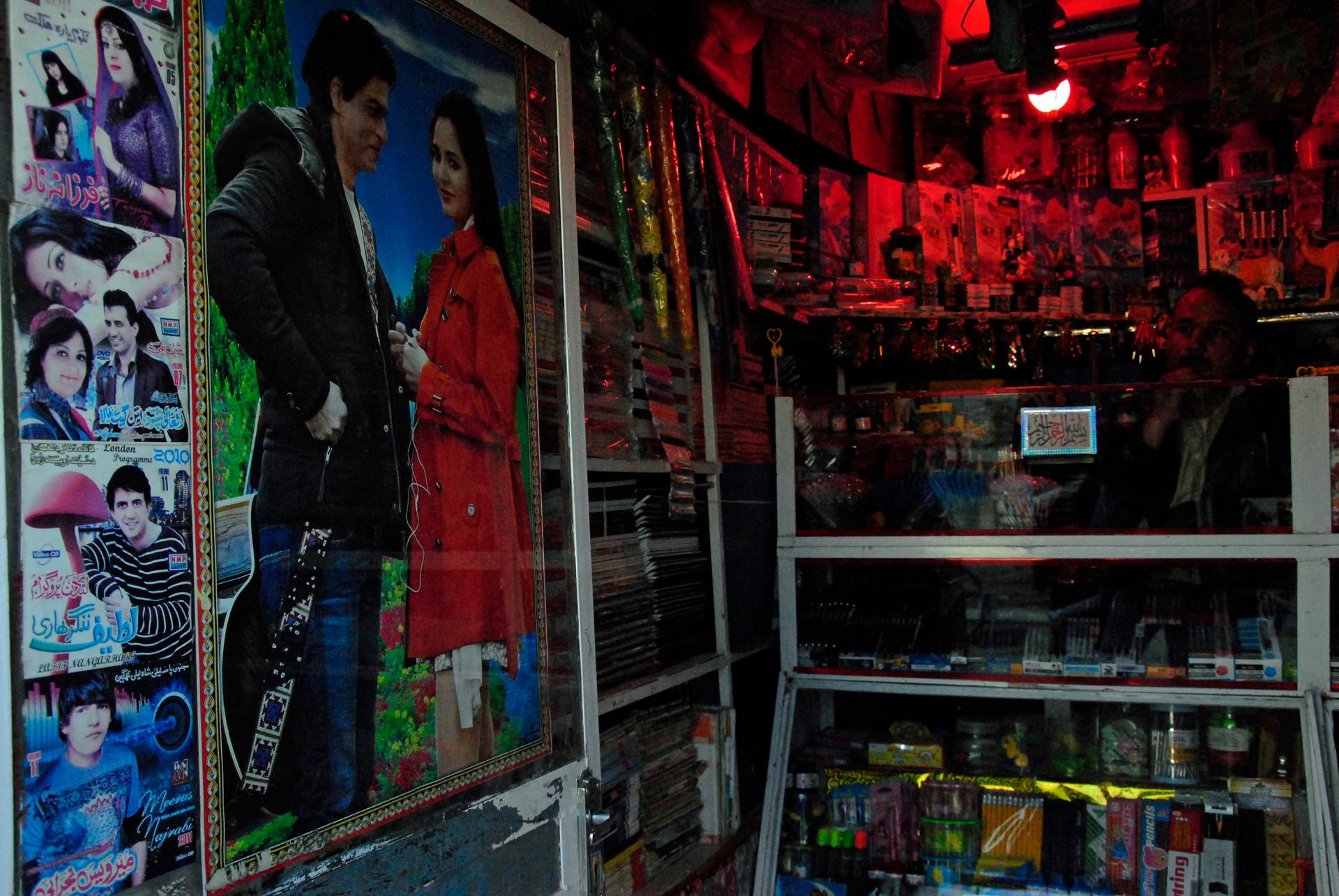
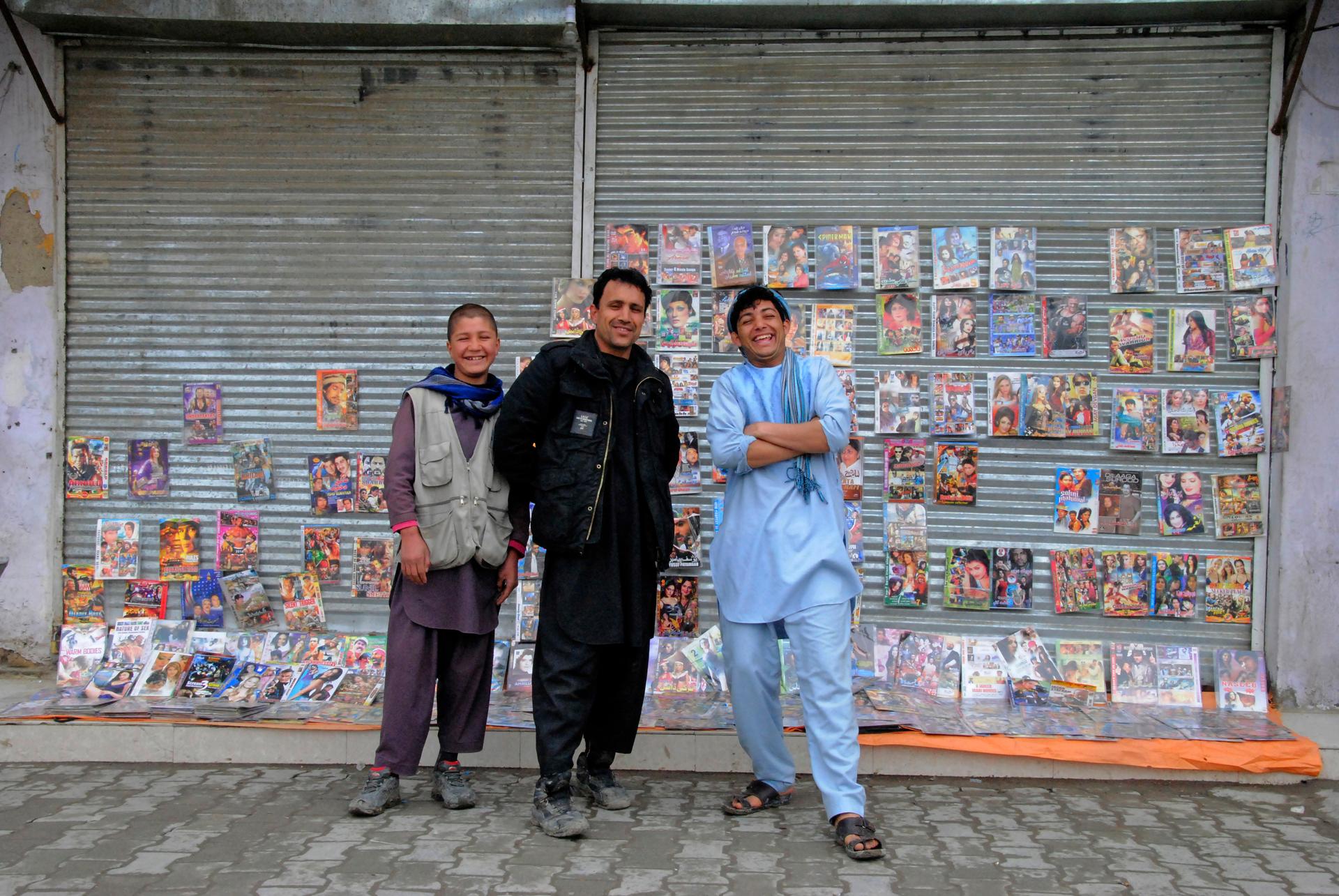
There’s plenty of Indian culture in Afghanistan: Posters of Indian film stars decorate the country’s music shops; there is a mall named after Delhi’s famous Select City Walk; alumni of Indian universities bump into you on the fringes of crowded market places.
There are also signs of progess for Afghan women. Walking beside burqa-clad women are schoolgirls strolling to school and young women on their way to university. Mannequins in Kabul’s shop windows don extravagant bridal wear.
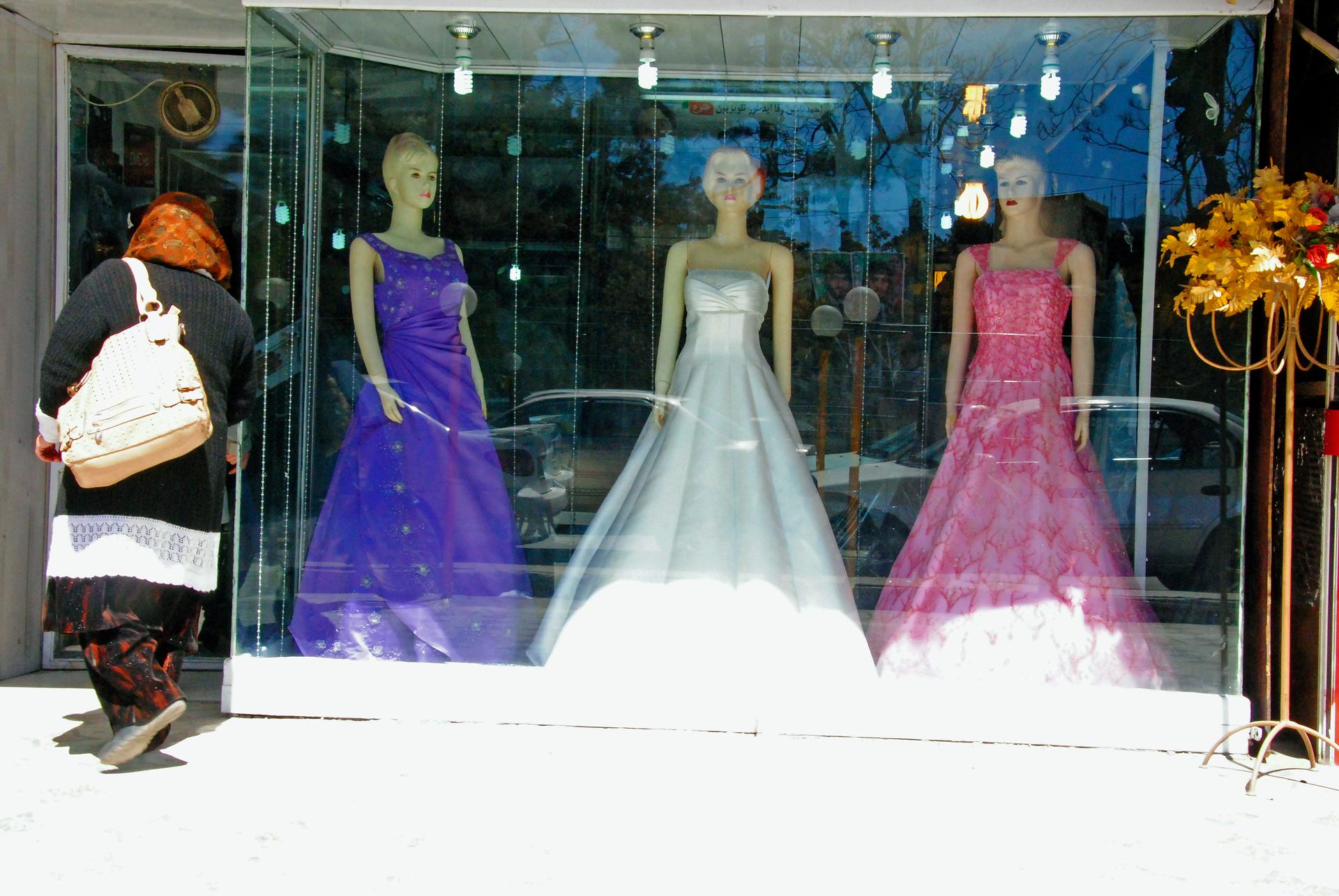
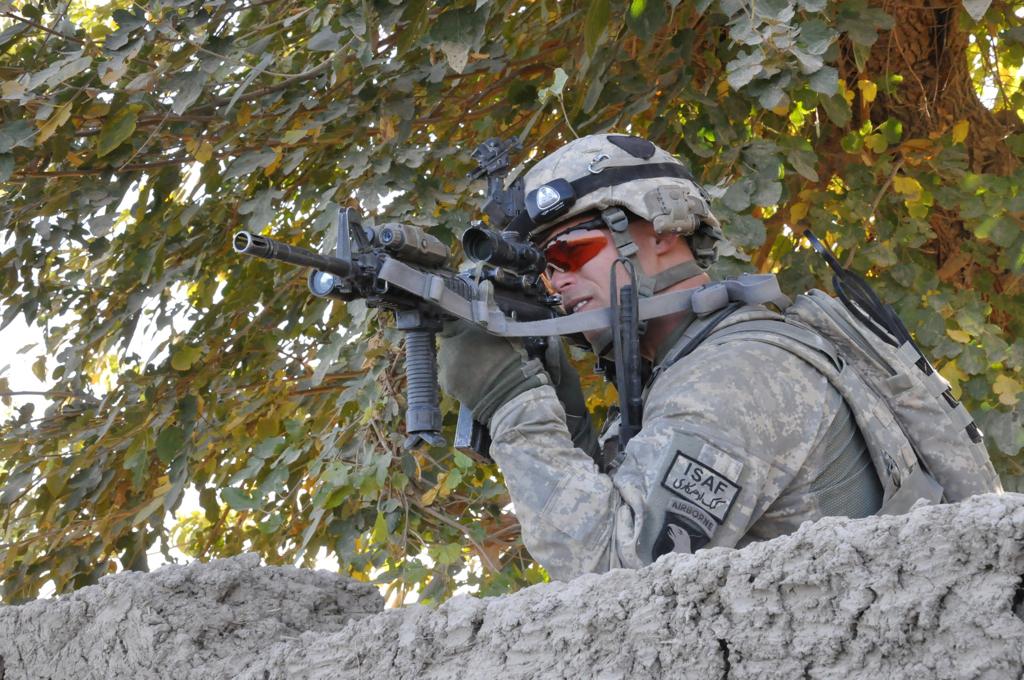
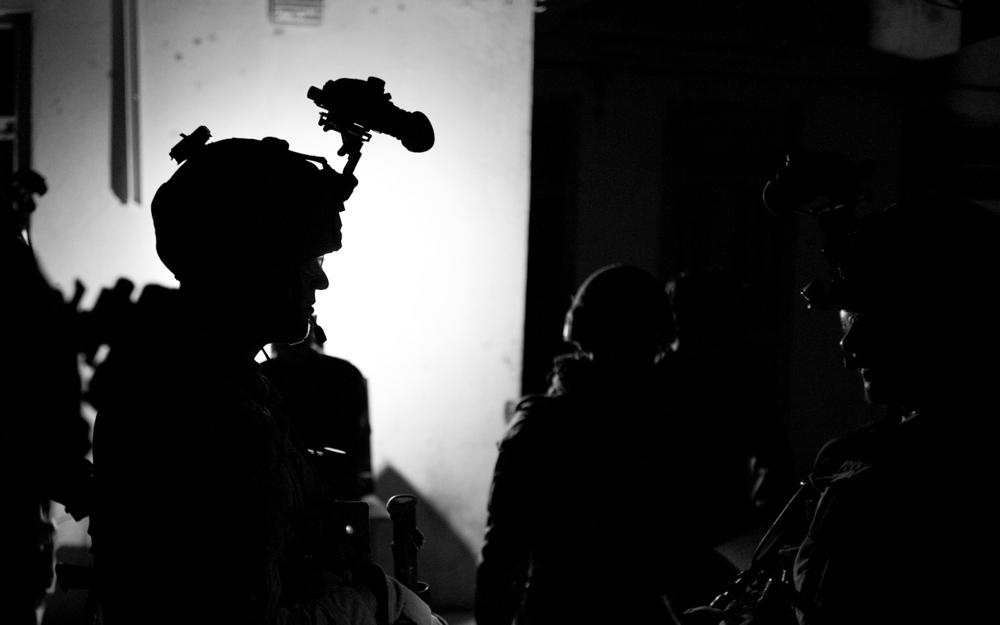
Then there are the competing ads from mobile service provider advertisements, the many radio stations, the 24-hour TV channels with their numerous talk shows discussing women’s rights. There are the hookah bars, where there are no women or alcohol but plenty of young men dancing around to loud music.
But there are also the security personnel who man the streets, and the helicopters that hover over pedestrians. Amid the exuberance, there is apprehension: What will happen when the remnants of the US Army finally withdraw? (The American mission in Afghanistan ended on Dec. 31, 2014, after these photos were taken.)
But young Afghans believe their country is gathering strength after decades of weakness and division. They shout a slogan: “One Afghanistan. No Tajik, No Hazara, No Pashtun.”
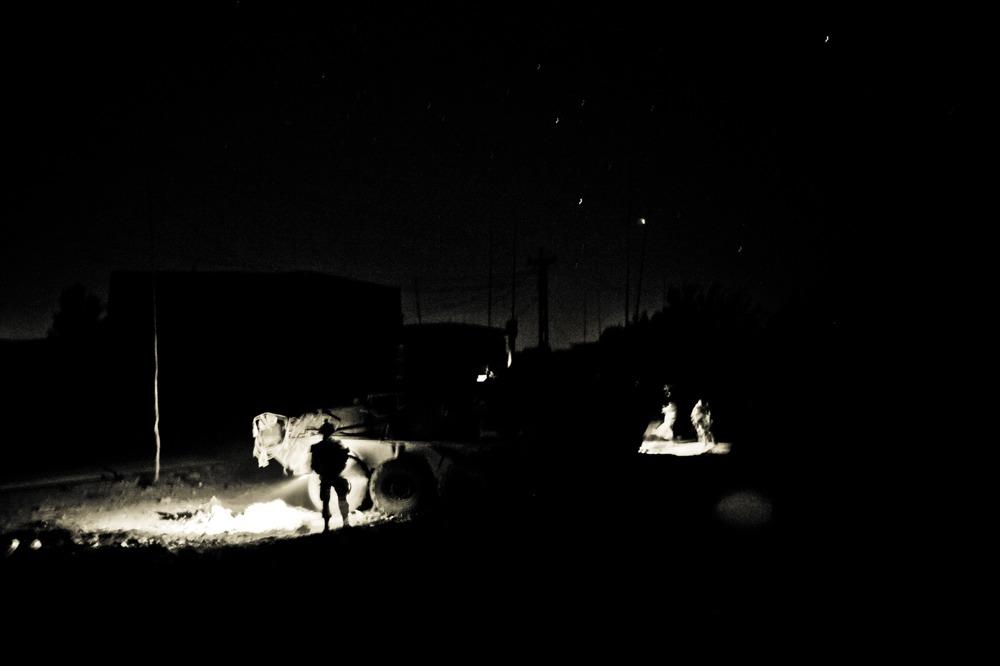
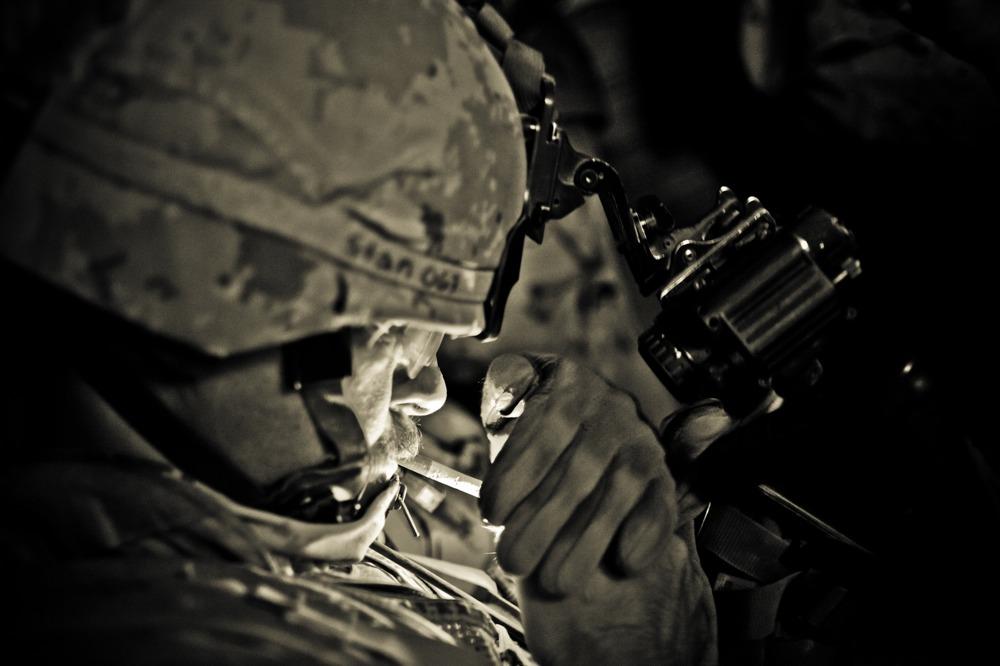
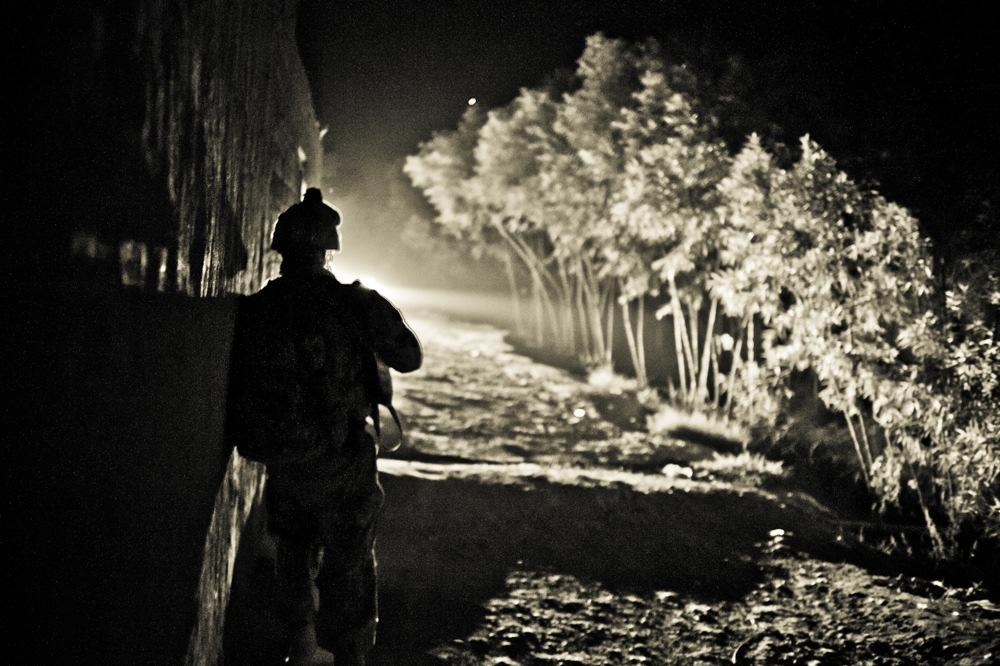
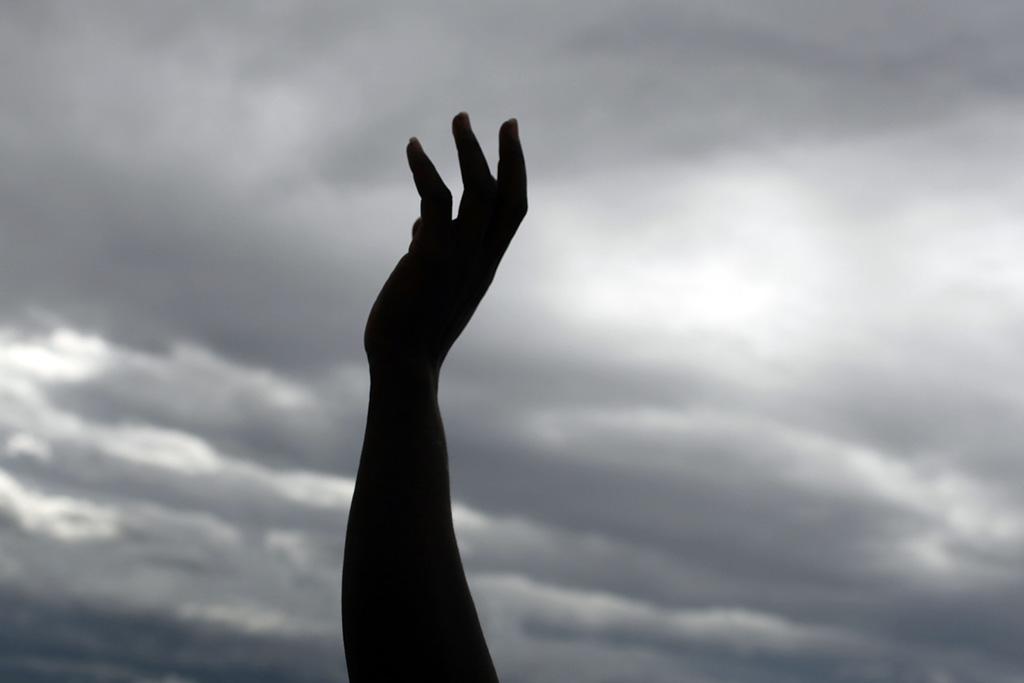
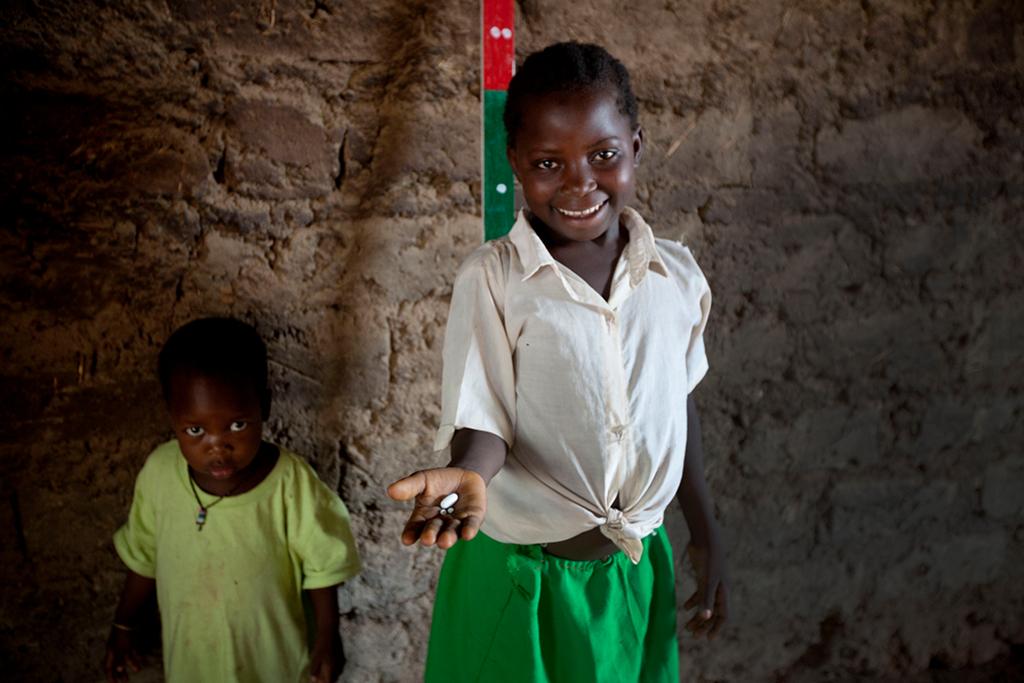
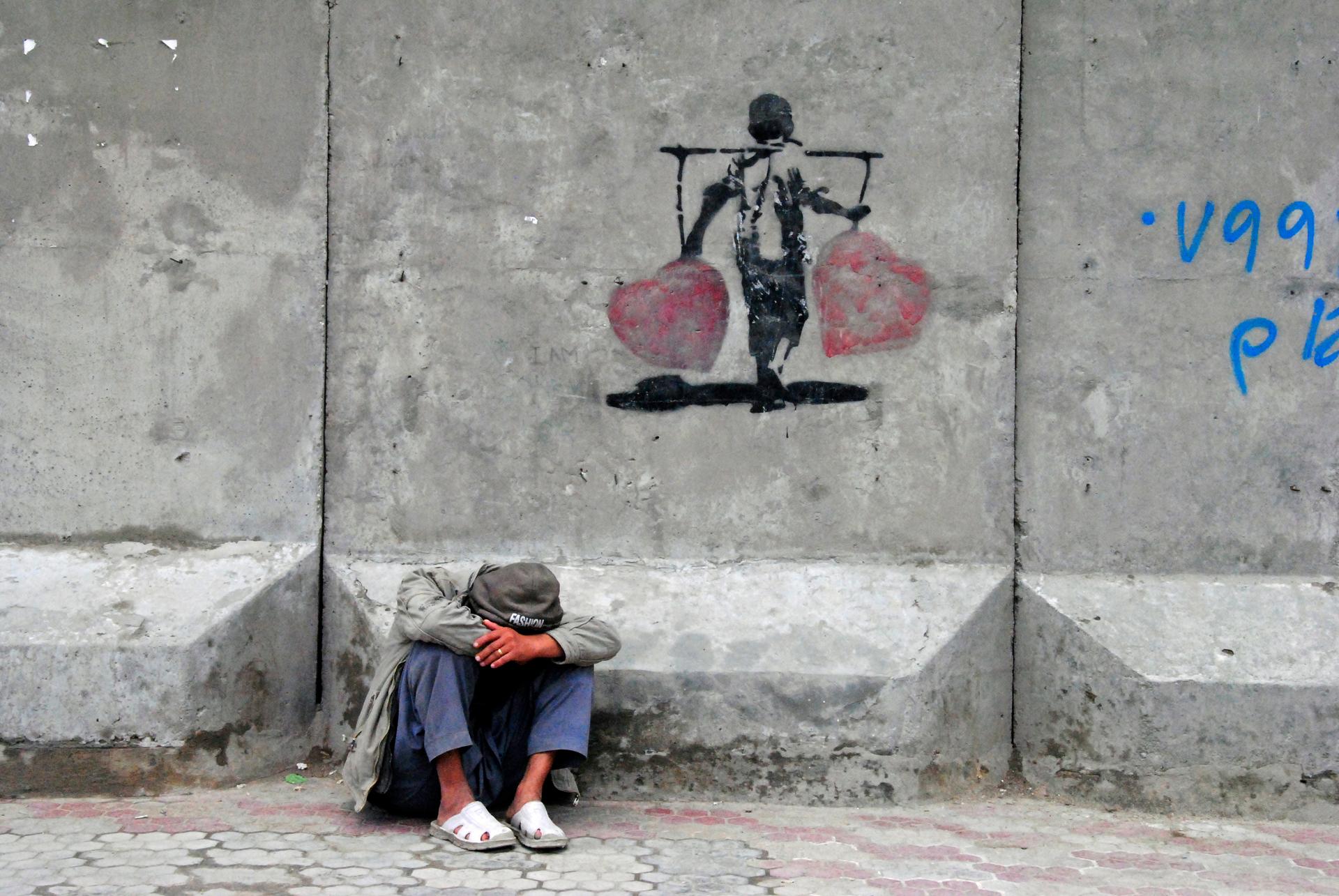
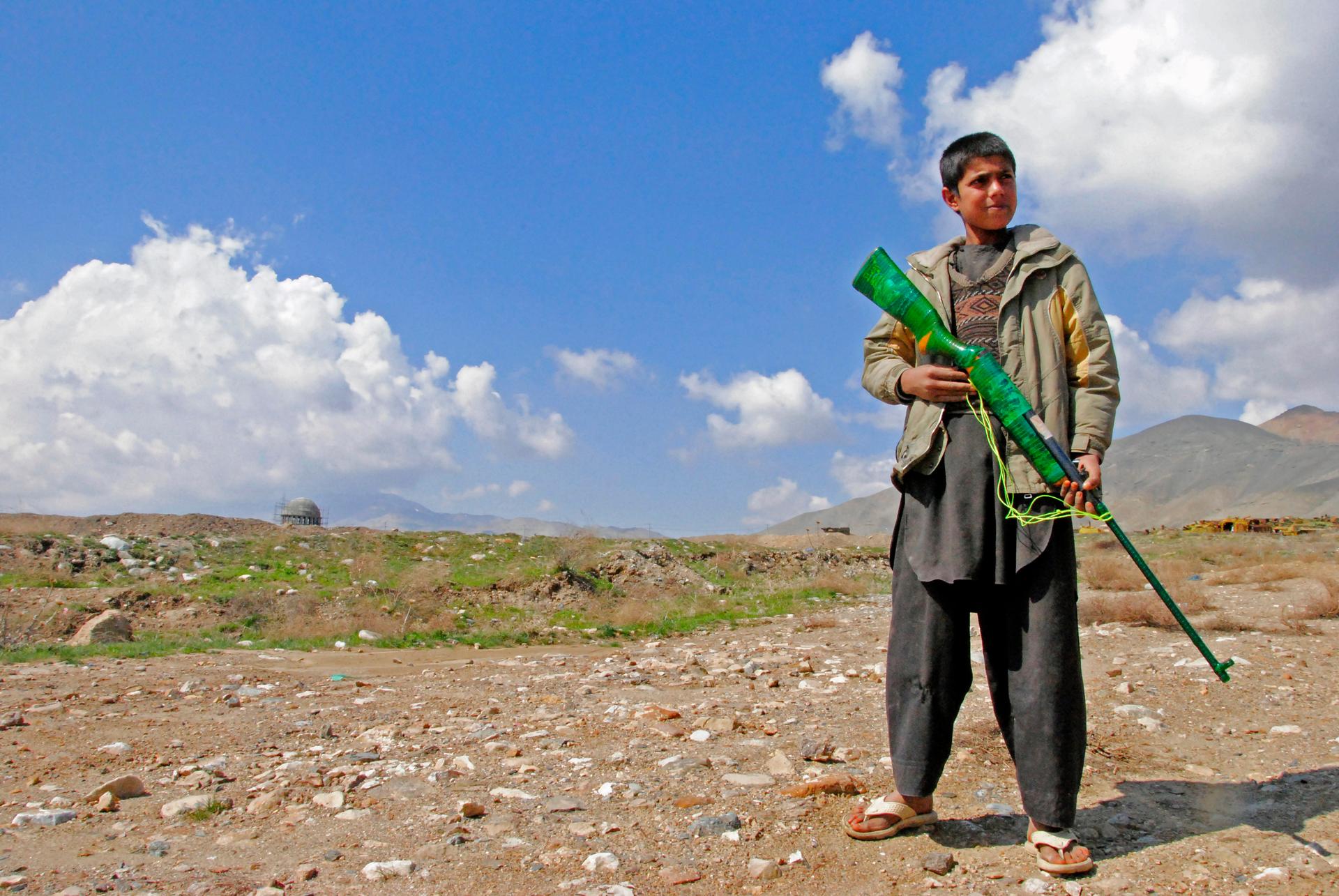
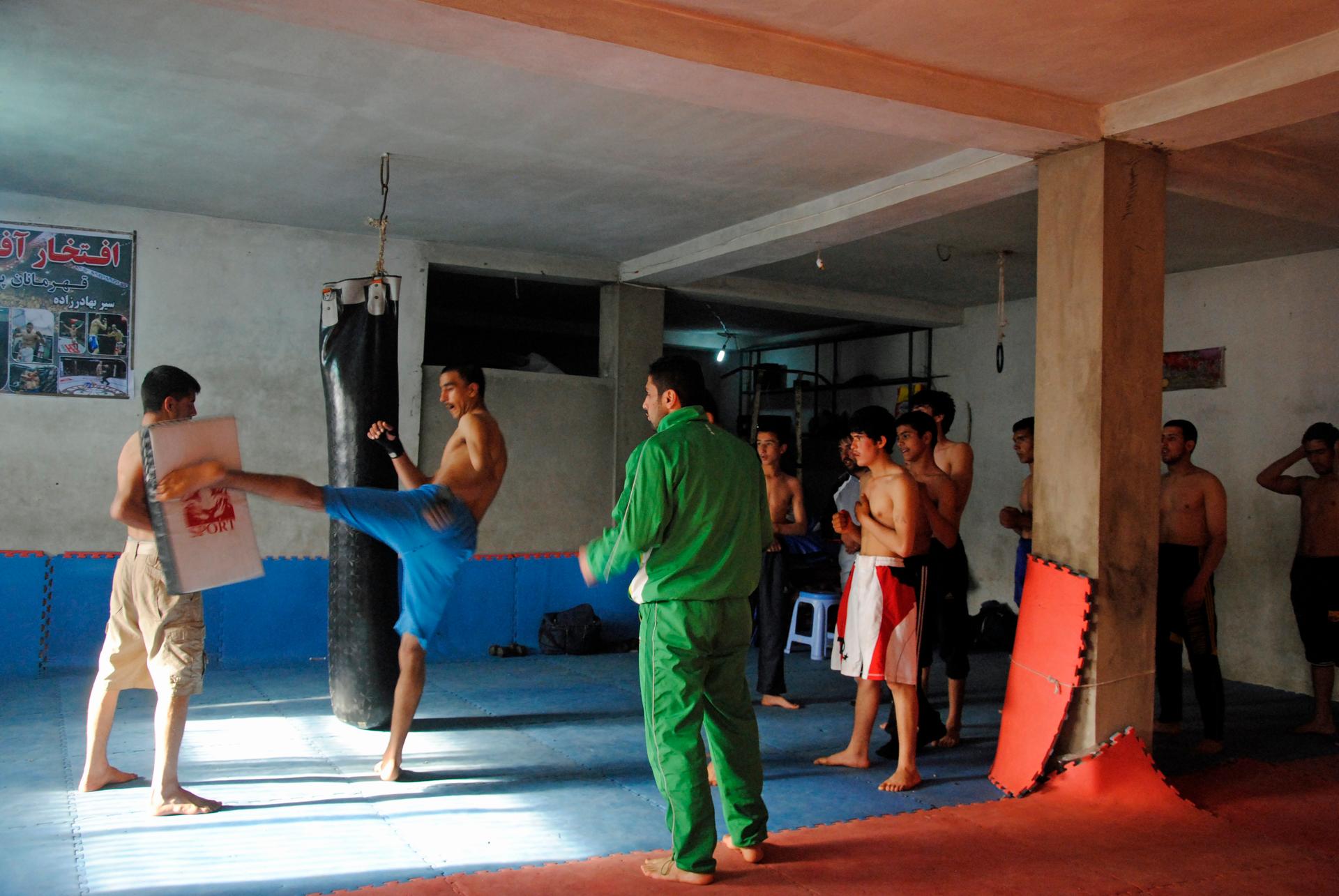
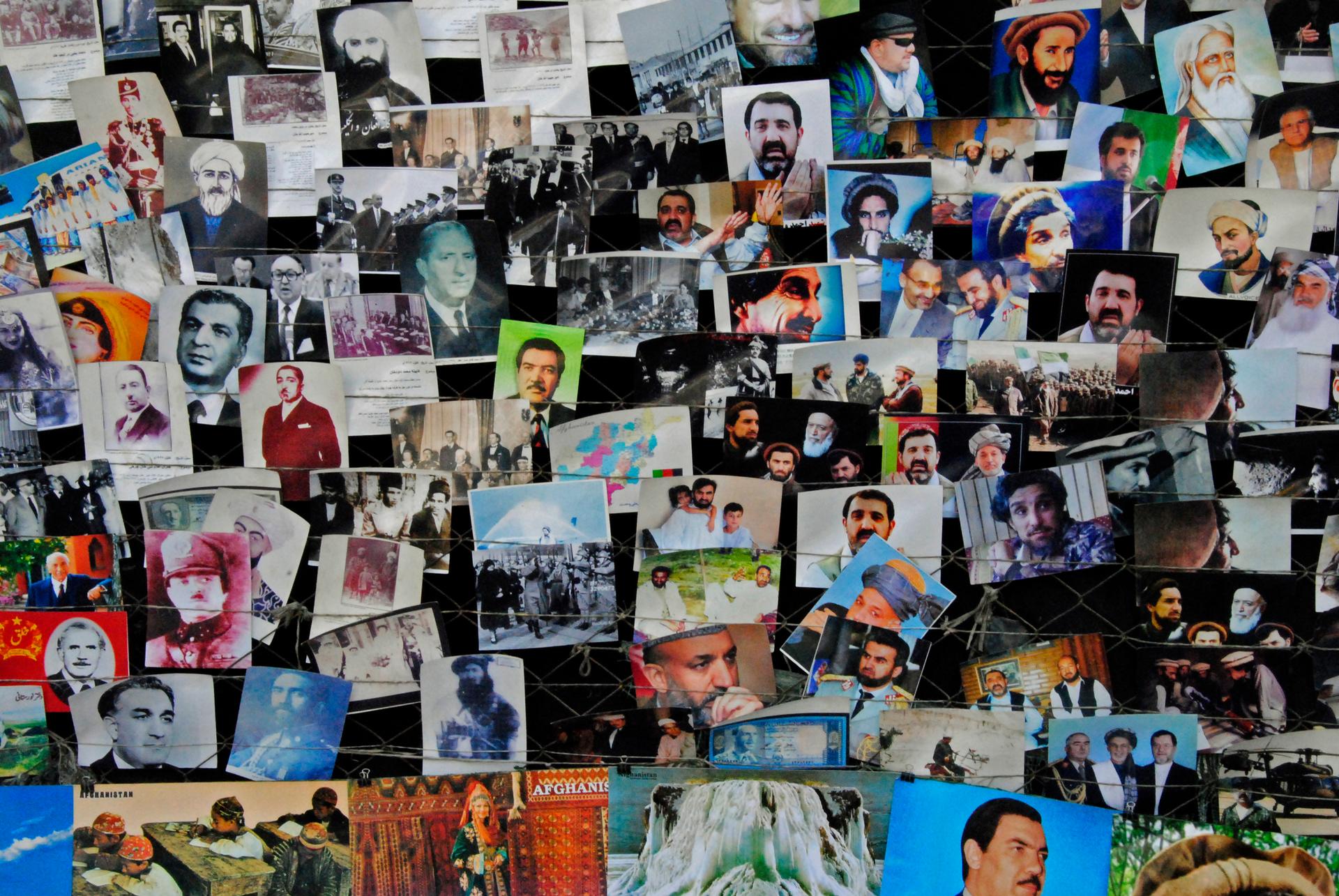
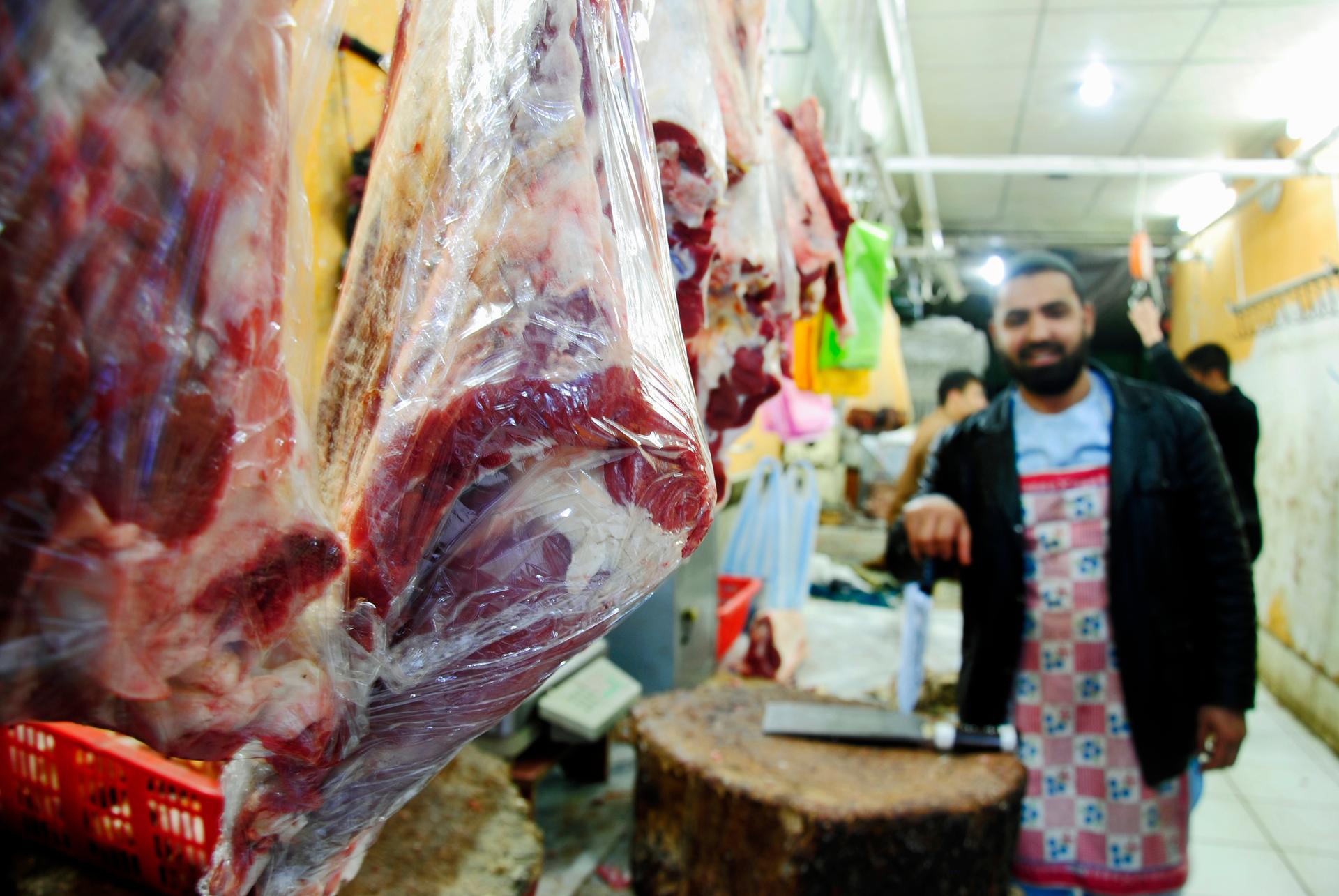
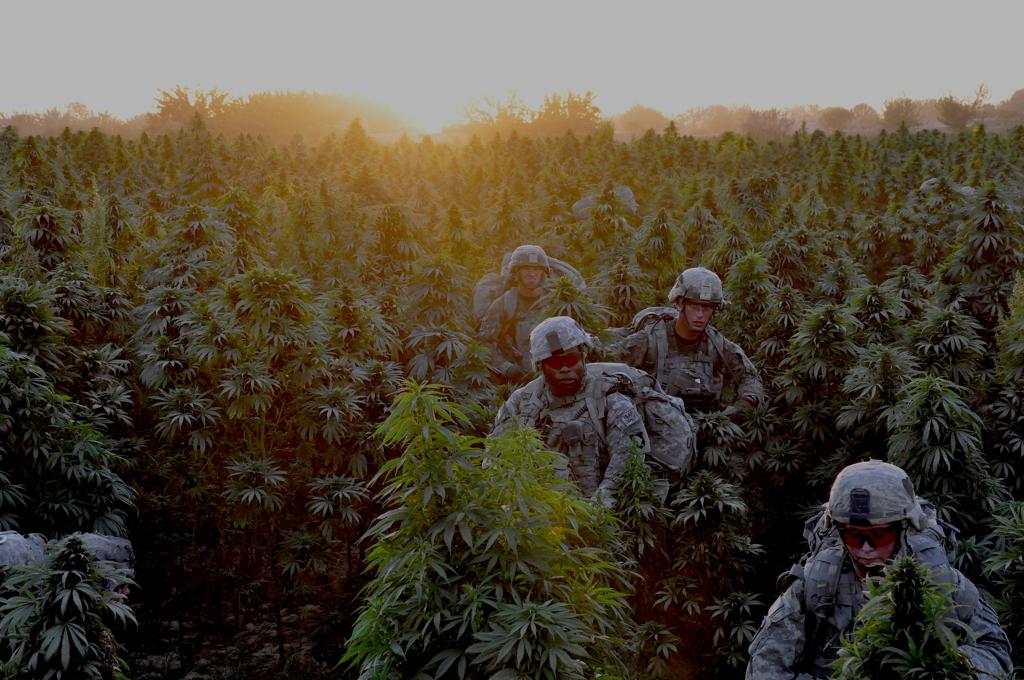
These photographs from Aaquib Khan were originally published by our partner Global Voices Online, a community of bloggers from around the world.
Every day, reporters and producers at The World are hard at work bringing you human-centered news from across the globe. But we can’t do it without you. We need your support to ensure we can continue this work for another year.
Make a gift today, and you’ll help us unlock a matching gift of $67,000!
